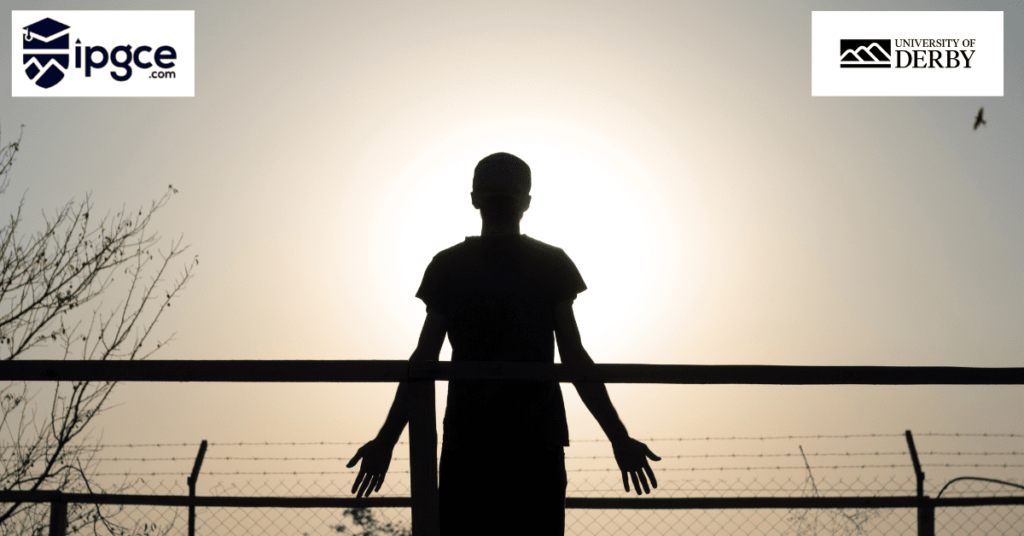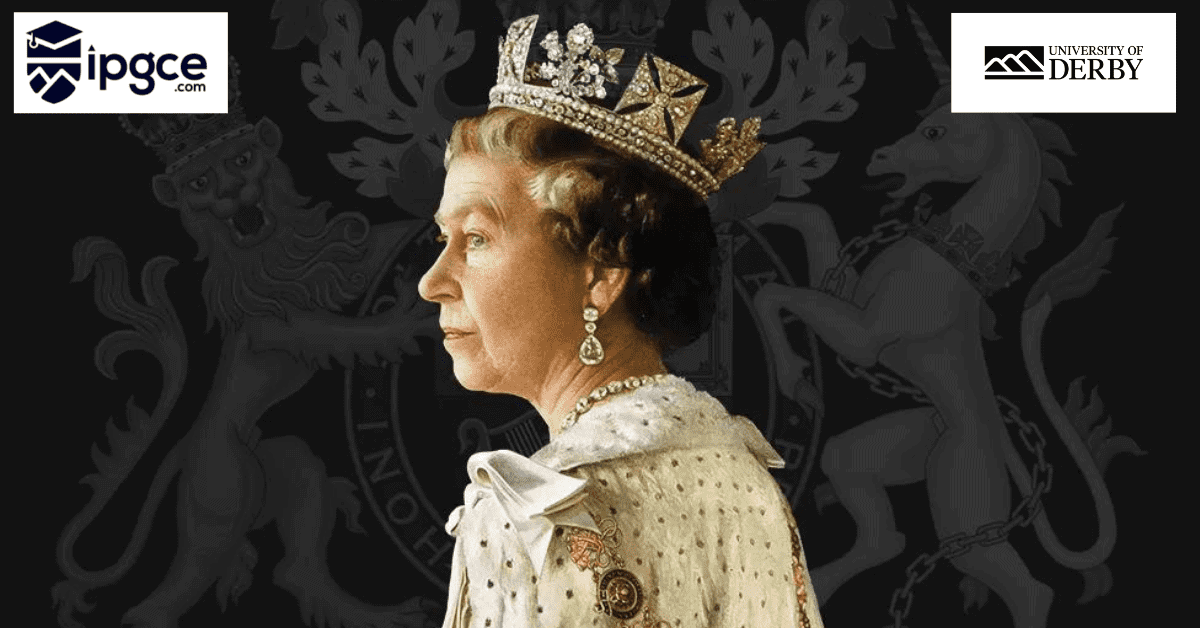Queen Elizabeth’s death rekindles discussions about a more independent future in Commonwealth nations with British colonial histories.
Read the rest of the article here: https://www.ipgce.com/queens-death-sparks-reconsideration-of-independence/
Contact us here: https://www.ipgce.com/contact-us
HONIARA, Solomon Islands — Millicent Barty has spent years trying to decolonise her country, recording oral histories across the Solomon Islands and promoting Melanesian culture. Her goal: was to prioritise local knowledge, not just what arrived with the British Empire.
But on Friday morning, when asked about the death of Queen Elizabeth II, Ms Barty sighed and frowned. Her eyes seemed to hold a cold spring of complicated emotion as she recalled meeting the queen during her golden jubilee tour in 2002.
“It was amazing to see somebody who had so much power and was so old,” said Ms Barty, now 61. “But it also made me realise that we need to be independent.”
Across the former British Empire, tens of millions of people woke up on Friday to the news that one of the world’s most recognisable figures had died overnight at age 95. The death of Queen Elizabeth II, which Buckingham Palace announced, has left many feeling grief-stricken and reflective — especially those in the 52 countries that make up the Commonwealth, a loose association of nations that were once part of the British Empire.
Even as some members have pushed for a more independent future in recent years, the queen’s role as head of state has maintained a strong symbolic link to the colonial past. Her death, coming at a time when the world is grappling with a pandemic and rising nationalism, has given new urgency to questions about the future of the Commonwealth and its relationship with Britain.
“The death of the queen is an opportunity for us to reassess our place in the world,” said Waqar Azmi, a member of Britain’s House of Lords and a former British government minister born in Pakistan. “It provides an opportunity for us to say: What do we want from this relationship? Do we want it on equal terms? Do we want more autonomy? Where do we see ourselves in 2030, 2040, 2050?”
In some ways, the queen’s death has already upended plans for the Commonwealth. The group was scheduled to hold a summit meeting in June in Rwanda, but it was postponed because of the coronavirus pandemic. Now, leaders are scrambling to decide whether to reschedule the appointment for later this year or wait until 2022, when Prince Charles is scheduled to take over as head of state.
There is also uncertainty about what will happen to the Commonwealth secretary-general, a position currently held by Patricia Scotland, a former attorney general of Dominica. Ms Scotland’s five-year term expired in 2020, and there had been speculation that she might be replaced by someone from a larger, more populous country. But her supporters now say the queen’s death has strengthened her position since she will be seen as a unifying figure during a transition period.
“Patricia Scotland is in a very strong position to be reappointed for another five years,” said Baroness Patricia Scotland of Asthal, a member of the House of Lords who is not related to the secretary-general. “She is somebody who commands respect across the membership.”
Still, it remains to be seen how much power the Commonwealth will have in a post-Elizabethan world. The group has long been criticised as being too weak and unwieldy to effect real change, and its members are divided on major issues like climate change and the death penalty.
Some experts say the Commonwealth could become even less relevant if Britain withdraws completely from the European Union later this year since the bloc has been a key partner in trade and development initiatives.
“There is a risk that the Commonwealth will be seen as increasingly anachronistic,” said Philip Murphy, director of the Institute of Commonwealth Studies at the University of London. “It will be harder for it to project soft power if its major partner, the U.K., is no longer part of the European Union.”
Given these challenges, some activists and politicians are calling for a more radical transformation of the Commonwealth, with a greater focus on human rights and democracy. They say the group should be more than just a networking organisation for business leaders and government officials. It should do more to hold members accountable for their actions.
“The Commonwealth needs to be much more than simply a talking shop,” said David Malone, a former Canadian ambassador to the United Nations who is now head of the Global Centre for Pluralism in Ottawa. “It needs to evolve into something that has teeth, that can promote and defend the values it purports to uphold.”
Others say the Commonwealth should focus on its original mission of promoting peace and understanding between cultures. They say the group can play an important role in healing divisions exacerbated by Brexit and the rise of populism worldwide.
“The Commonwealth has a unique role to play in promoting dialogue and understanding between different cultures and religions,” said Baroness Scotland of Asthal. “I think that’s going to be even more important in the years ahead.”
What should the Commonwealth’s role be in a post-Elizabethan world? Let us know in the comments.
Contact Us Directly on Wechat or WhatsApp
Meet Our Successful Graduates: Learn how our courses have propelled graduates into rewarding
careers. Explore their success stories here!
Discover More About Your Future: Interested in advancing your teaching career? Explore our
IPGCE, MA, and QTS courses today!

Explore Our Courses: Ready to take the next
step in your education journey? View our
comprehensive course offerings now!



